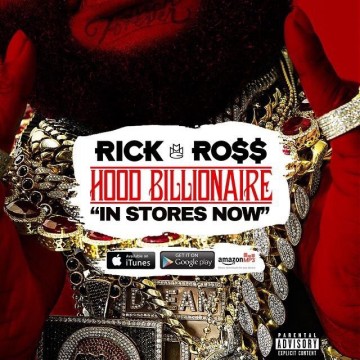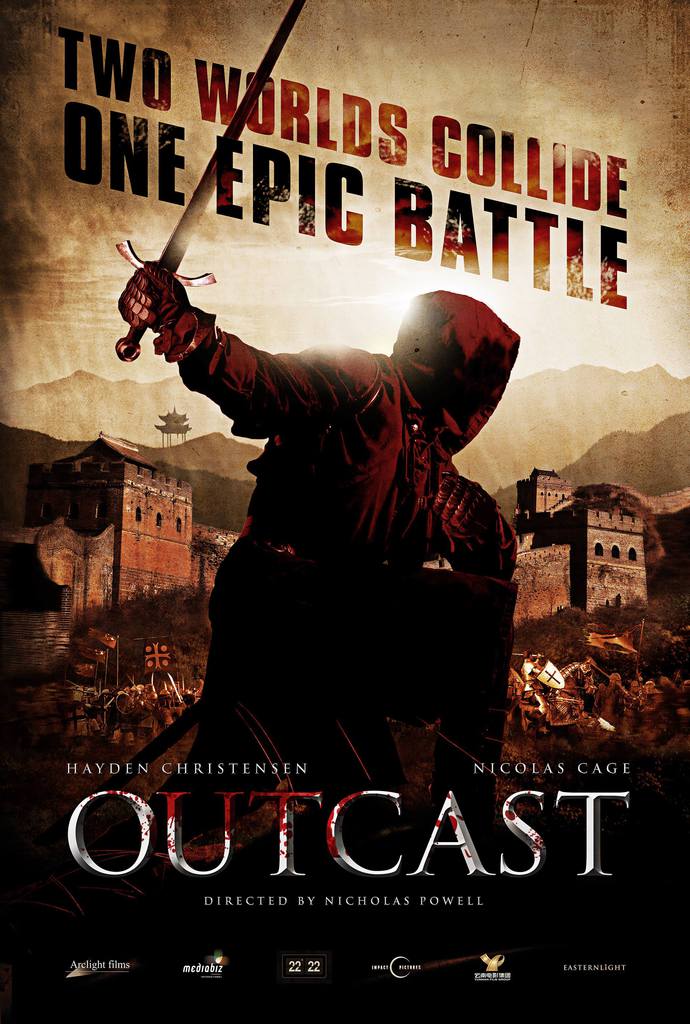Daily 30: Tue 11.18.2014
4mo
4mo
Hilarious!!
4mo
4mo
Dope Sh!t
8mo
International Spotlight
4mo
'95 Classic
7mo
4mo
4mo
4mo
Breaking News!
4mo
4mo
4mo
4mo
Happy Birthday
4mo
4mo
Hilarious!!
8mo
4mo
5mo
4mo
4mo
You B*tch You!
4mo
Do You Agree?
4mo
4mo
Sneaker News
4mo


8mo
4mo
7mo
Must Watch!
6mo


































